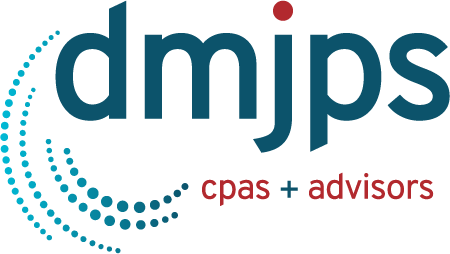If you own a home, the interest you pay on your home mortgage provides a tax break. However, many taxpayers believe that any interest paid on their home mortgage loan is deductible. Sadly, they’re wrong. With the 2019 tax returns due next month, it is a good time to revisit the current interest deduction rules for home mortgages, and for home equity loans for which-the interest may not deductible from 2018 – 2025.
Deduction for “acquisition indebtedness.”
Personal interest is generally not allowed as a deduction, but one kind of interest that is deductible is interest on mortgage debt that is “acquisition indebtedness.” Acquisition indebtedness means debt that is: (1) secured by the taxpayer’s principal home and/or a second home, and (2) incurred in acquiring, constructing, or substantially improving the home. You can deduct interest on acquisition debt on up to two qualified residences: your primary home, and one other vacation home or similar property. You cannot deduct mortgage interest on a third residence. The deduction for acquisition debt comes with a limitation. From 2018 through 2025, you cannot deduct the interest for acquisition debt greater than $750,000 ($375,000 for a married taxpayer filing separately). So, for example, if you were to buy a $1 million house with a $1 million mortgage, only the interest that you pay on the first $750,000 in debt is deductible. The rest is considered personal interest, and not deductible.
There is a grandfather clause for mortgage debt existing as of December 15, 2017. The limit for acquisition debt incurred prior to this date is $1 million. Debt arising from the refinancing of pre-December 15, 2017 acquisition debt is also $1 million; but the debt resulting from the refinancing cannot exceed the balance remaining on the original debt. Thus, taxpayers can refinance up to $1 million of pre-December 15, 2017 acquisition debt, and that refinanced debt amount will not be subject to $750,000 limitation, but instead will be subject to the $1 million limitation.
Note that the ceiling on home mortgage debt for which interest is deductible includes both your primary residence and your second home, combined. Many taxpayers assume that they can deduct the interest on $750,000 for each mortgage. But if you have a $700,000 mortgage on your primary home and a $500,000 mortgage on your vacation home, you will have to count the interest on $450,000 of the total debt as nondeductible personal interest.
Home equity loan interest is not deductible for 2018 – 2025.
“Home equity debt,” as specially defined for purposes of the mortgage interest deduction, means debt that: (1) is secured by the taxpayer’s home, and (2) is not acquisition indebtedness as defined above. From 2018 through 2025, there is no deduction for the interest on home equity debt. Note that interest may be deductible on what a lender may call a home equity loan, home equity line of credit, etc., where that loan actually fits the tax law’s definition of acquisition debt because the proceeds are used to substantially improve or construct the home. The 2018 – 2025 denial of the deduction for interest on home equity debt applies regardless of when the home equity debt was incurred. Taxpayers considering taking out a home equity loan that is not used to acquire, construct, or substantially improve the home should take into consideration the fact that interest on the loan will not be deductible.
Please contact us if you have any questions.
